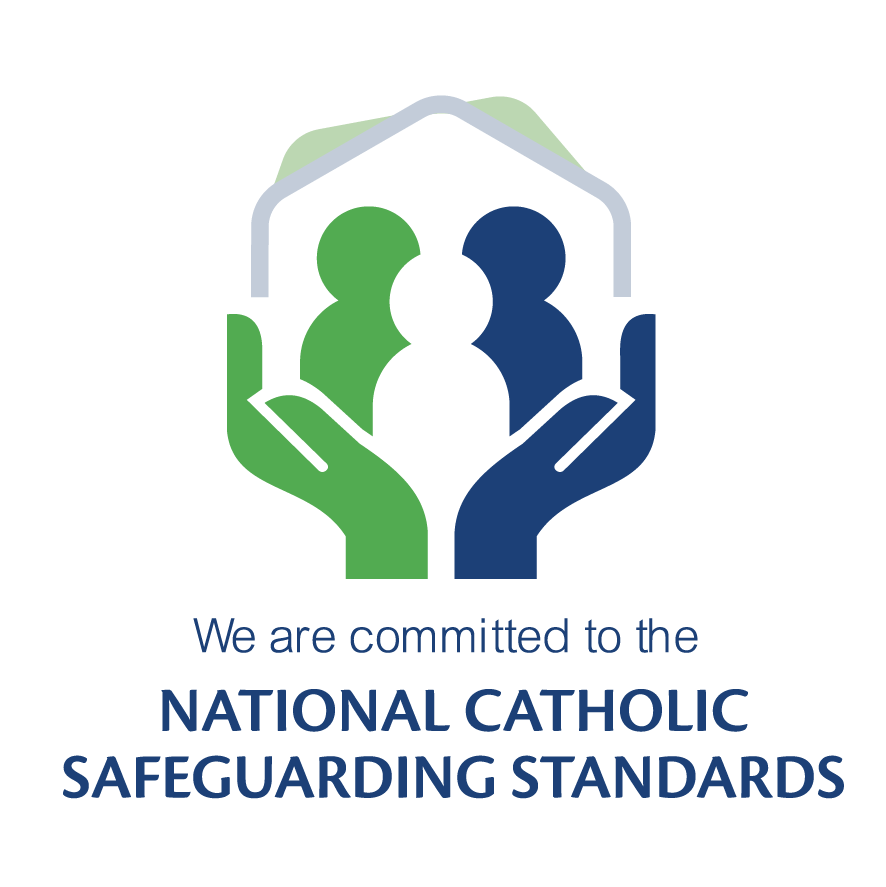Year 9 Level Description
The Religion Curriculum P-12 involves four strands: Sacred Texts, Beliefs, Church and Christian Life. These strands are interrelated and are taught in an integrated way, and in ways that are appropriate to specific local contexts.
In Year 9, students develop their understanding of the experience of sin throughout human history and some ways in which the Church responded to the presence of good and evil in the past (c.1750 CE – 1918 CE). They learn about the priestly, prophetic and kingly work of Jesus Christ and ways in which believers live their Christian vocation by participation in this work. They consider sources of inspiration, strength and guidance for believers today, including Catholic social teaching, the three forms of penance (prayer, fasting and almsgiving), Scripture, celebration of the Sacraments of Healing (Penance and Anointing of the Sick), and personal and communal prayer experiences. They are introduced to two forms of Biblical criticism, namely form criticism and narrative criticism, and develop the ability to apply these to help their understanding, interpretation and use of a range of Biblical texts. They continue to develop their understanding of prayer in the Christian tradition through an exploration of the writings of Christian spiritual fathers and mothers, prayers for forgiveness and healing, Christian Meditation and meditative prayer practices, including praying with labyrinths.
Students learn about the divergent understandings of God (Allah, God, G*d) in the monotheistic religions (Islam, Christianity, Judaism). They develop their understanding of three foundational beliefs of Christianity (the Incarnation, Resurrection and Ascension of Jesus) and consider their significance for believers




